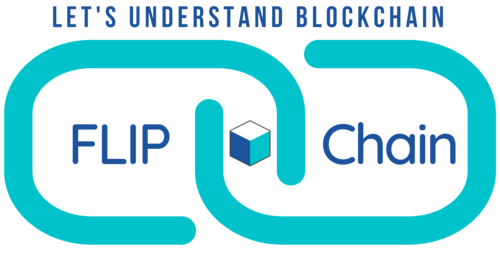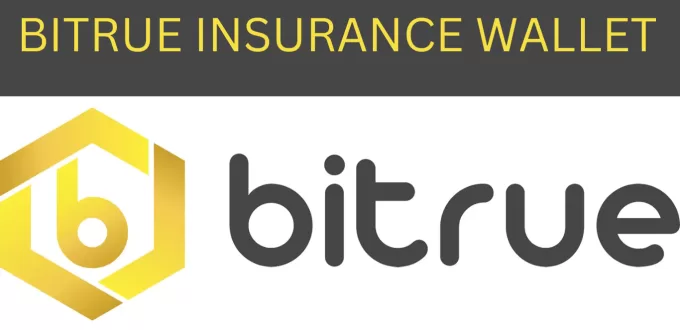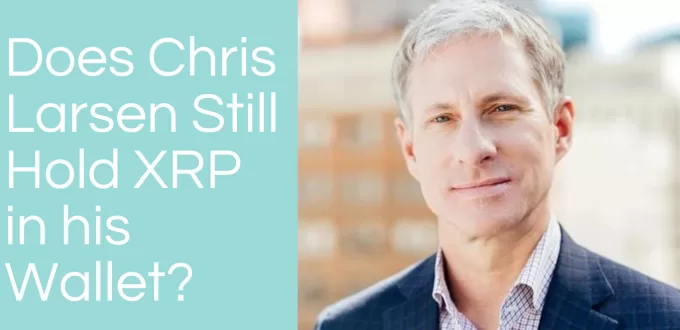Ripple bags, yet another regulatory success. After the recent regularity clarity by the Virtual Asset Regulatory Authority (VARA) in Dubai, Ireland’s Central Bank designates, Ripple as a registered Virtual Asset Service Provider (VASP). This success will help Ripple offer its products and services in Ireland.
Is MICA Still Required When Ripple is Already Designated as VASP?
Ripple and the private sector are still awaiting MICA (Markets in Crypto Assets Regulation) to come into force (expected in 2024). While Virtual Asset Service Provider (VASP), entitles Ripple to operate as a digital asset service provider in Ireland, MICA law will provide regularity clarity for the financial institutions dealing with cryptocurrencies and blockchain, in Ireland and the rest of Europe.
With MICA law in place and Virtual Asset Service Provider designation, the private sector will open-heartedly welcome Ripple for partnerships and collaborations in the coming year.
Ireland’s Vision as Innovation Hub
Ireland has recently become quite technology-friendly, especially after the launch of Innovation Hub back in 2018. With this move, it aims to become the next San Francisco of Europe.
Why is Ireland Important for Ripple?
Realizing the vision of the Government of Ireland, Ripple decided to open an office in Dublin, Ireland back in 2020. Ripple’s Irish office is registered as Ripple Markets Ireland Limited.
Ireland is inviting migrants to fill the shortage in the workforce, it’s experiencing currently. This is the perfect time for Ripple to get clarity because with the migrant workforce stepping into Ireland, the market for cross-border payment will increase.
As per the Senior Vice President at Ripple, Eric Van Miltenburg, this move by the Central Bank of Ireland shows how friendly and supportive the jurisdiction of Ireland is for the crypto and blockchain business. He sees this as a significant step for Ripple’s business growth not only in Ireland but in the entire Europe.
Ripple visions Ireland, as a hub for operating its business in Europe. As per Eric, the Government of Ireland has a clear vision for this new technology and therefore this will help other financial institutions as well as technology companies, set up their companies and branch offices in Ireland with a long-term commitment.
Apart from Virtual Asset Service Provider (VASP, What is Ripple’s Next Focus on in Ireland?
Meanwhile, apart from VASP, Ripple is also working on getting a few other payment licenses in Ireland, to launch its operations with a blast, after the MICA law comes into force. This will make the path easier for Ripple’s sales team to sign deals with financial institutions in Ireland and the rest of Europe.
Why is Regulatory Win Important for Ripple?
A lot of countries like the UK, Europe, Singapore, Africa, Palau, Dubai, Hong Kong, Japan, and South Korea are realizing the importance of the new breakthrough in the financial world and are therefore boarding the train on time. The examples of the recent regularity clarity apart from VASP in Ireland, are as follows: –
- Ripple acquired a full payment license from the Monetary Authority of Singapore in Singapore in October 20231Chiang, S. (2023, October 6). Ripple obtains full license to operate in Singapore as it expands in Asia-Pacific. CNBC. https://www.cnbc.com/2023/10/03/ripple-obtains-full-license-to-operate-in-singapore.html.
- Dubai’s Virtual Asset Regulatory Authority (VARA) and Dubai Financial Services Authority (DFSA) provided regularity clarity to Ripple in November 2023. With this approval, XRP is regarded as a legal digital asset and can be used as a bridge currency by operating on the XRP ledger.
- Apart from Singapore and Dubai, Ripple acquired another 35 payment licenses in 2023 in various countries and territories.
With all these regulatory statuses and payment licenses, Ripple is positioned strongly to offer its products and services to private and government financial institutions in the coming years.
Is the US Still Lagging in the Regulatory Clarity Race?
Ripple’s innovation in the financial sector is quite new for the whole world. Both the private sector and the Governments have their apprehensions about accepting the technology in the mainstream financial ecosystem. For example, the US is still struggling to apply the laws to the crypto and blockchain industry. The Securities and Exchange Commission (SEC) is still busy applying the 1930 securities laws. Even after the recent defeat in the court case on 13th July 2023, SEC is still on the same stand.
On the other hand, the Commodities Future Trading Commission (CFTC), which regulates commodities like Gold, Silver, etc, is claiming that all cryptocurrencies are commodities and not securities. While the whole world is watching SEC and CFTC fighting for the new digital asset class, the Government of the US is silently observing, with no game plan in action, which is quite a big concern.
Just like the US missed the race for semiconductors because of the lack of regularity clarity, similarly, the experts are viewing, it as losing out again in the crypto and blockchain race. Experts feel that this loss is going to hurt the US a lot since this is going to bring in a paradigm change in the financial ecosystem. Not being a part of this, will have a big impact on the US Economy and Innovation.
What’s Next for Ripple?
While Ripple is setting up its base infrastructure for cross-border payments, it’s also focusing in parallel on a few other use cases like Tokenization, Digital asset custody business, CBDC platform, scaling the developer’s ecosystem, side chains, and hooks. These new streams of income will help Ripple become self-sufficient without having to spend XRP each month to meet its business expenses.
Additionally, Ripple is gearing up for the next court hearing on the SEC’s allegation for raising funds from Institutional Investors. The case is scheduled just 2 months from now, the date of which is as follows:-
References







